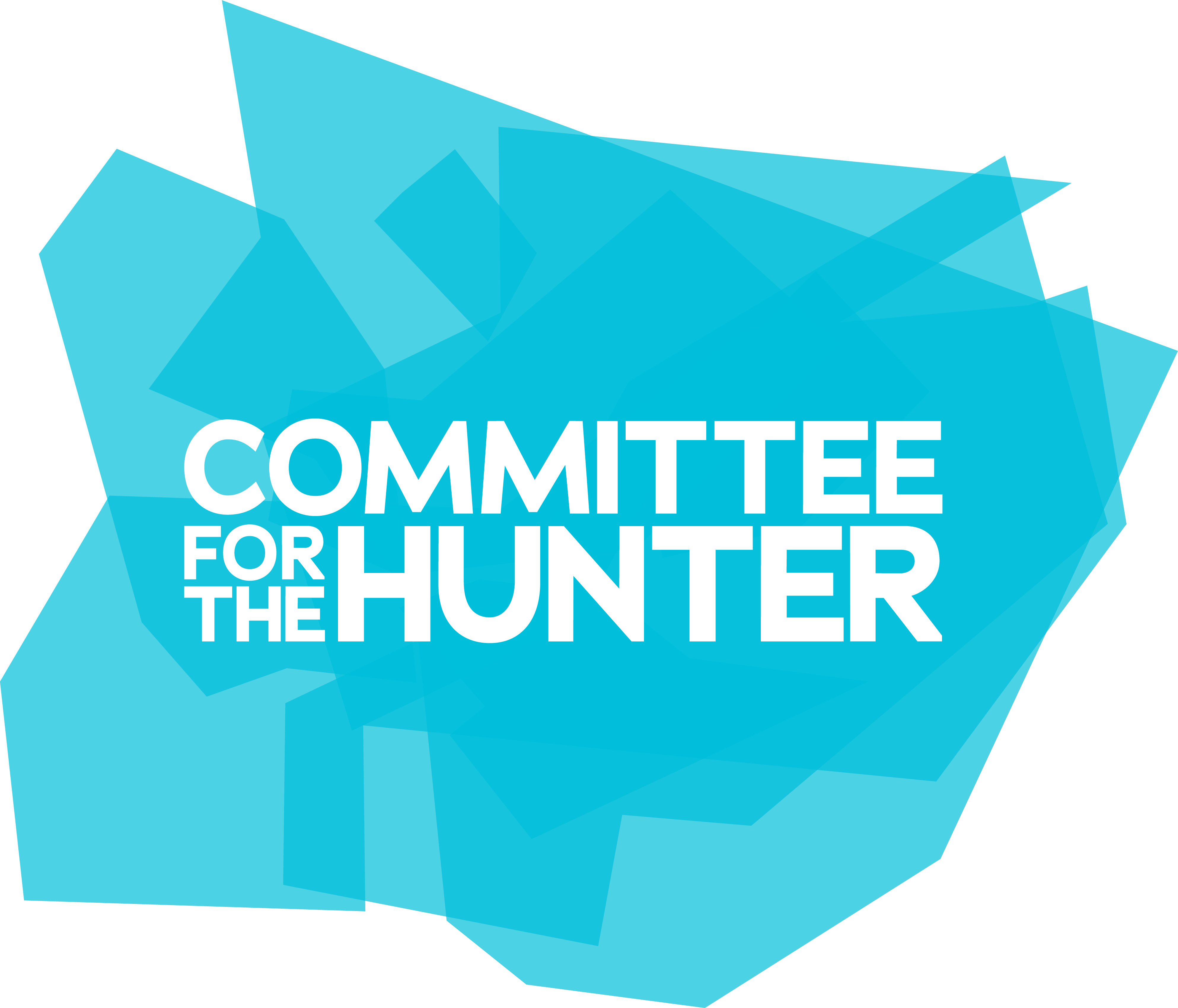Newcastle Herald, by Alice Thompson
Hit or miss is a trend on the popular app TikTok, where users post short videos for an increasingly attention-deficit audience.
The response to government budgets also trends towards “hit or miss”, focusing on the sound bites and who won or who lost, before being swiftly replaced in the news cycle by the next headline.
The NSW Treasurer handed down his first budget this week.
The verdict was many hits for the Hunter, overshadowed by a big miss where a royalties windfall failed to translate to more support for coal communities to create new industries and jobs.
It is fair to see these benefits going back into the communities that helped produce them.
It is also fair that, as the economy transitions to net zero and clean energy, there is additional support for places such as the Hunter that are impacted the most.
“If NewH2 is the most urgent priority, the most important is unlocking the container terminal at the Port of Newcastle.”
We are a $63 billion economy in structural adjustment. Twenty five million dollars a year in the Royalties for Rejuvenation fund, to be shared across NSW, is not sufficient for the task.
The issue is not just about the Hunter’s fair share. Under-investment in the region’s transformation represents a huge opportunity cost to NSW.
With the budget centred on productivity, investments in the Hunter that leverage the infrastructure, workforce, water and transport released from coal industries will create more high-value jobs, quicker and cheaper than anywhere else.
We were disappointed to see no lifeline funding in the budget for NewH2, the Hunter’s hydrogen cluster that brings together hundreds of members to accelerate a hydrogen industry.
Funding for the cluster runs out in days.
Hydrogen is key to our industrial transformation and NSW climate change commitments. The Treasurer has set aside millions in funding for hydrogen, clean energy and climate that are yet to be released. In the global race for dominance in the new energy economy, it’s time to see this trickle into local initiatives for which the most urgent is sustaining the important work of NewH2.
If NewH2 is the most urgent priority, the most important is unlocking the container terminal at the Port of Newcastle.
This project is the most significant anchor to a more diverse and productive regional economy. It remains frustrating to not see measures in the budget, funding or otherwise, that will see this critical asset move forward.
There was a strong level of funding in the Hunter aligned to regional priorities. This includes investment in health and education services and infrastructure such as the John Hunter Health and Innovation Precinct.
Planned well, this project will improve health services and capacity for a growing population, while creating a thriving precinct for smart jobs.
About $2 billion was committed to transport projects in the region. This includes funding for faster rail services between Sydney and Newcastle, which the Committee for the Hunter would like to see delivered as part of a plan for high speed rail. We will continue to engage the Albanese government to come good on their election commitment for progressing high-speed rail along the corridor in the October budget.
There was also funding for major road upgrades across the Hunter, including M1 to Raymond Terrace, the Newcastle Inner City Bypass and the Singleton and Muswellbrook bypasses.
Ad hoc approaches to transport will never meet the challenges presented by the high level of population growth our region is experiencing. That’s why we advocated for a $500 million package of transport upgrades that will unlock 40,000 homes and commercial developments stuck in the pipeline. Coordinated programs of smaller projects can provide better bang for buck than major projects.
The committee joins many others in expressing disappointment there was not more government funding to increase the supply of social and crisis housing in our community.
With the tight budgets we will see soon, we need to think smarter, not bigger.
The Hunter is the burning platform for change, with billions in economic activity and thousands of jobs and families at risk. We also offer the hope for an even brighter future and stronger state, built from the foundations of our industrial heritage.
We will get better outcomes for taxpayers, our community and the state economy if the measures in this budget and those that follow are delivered as a coordinated plan for the transformation of the Hunter.
That would be not just a hit, but a home run.

